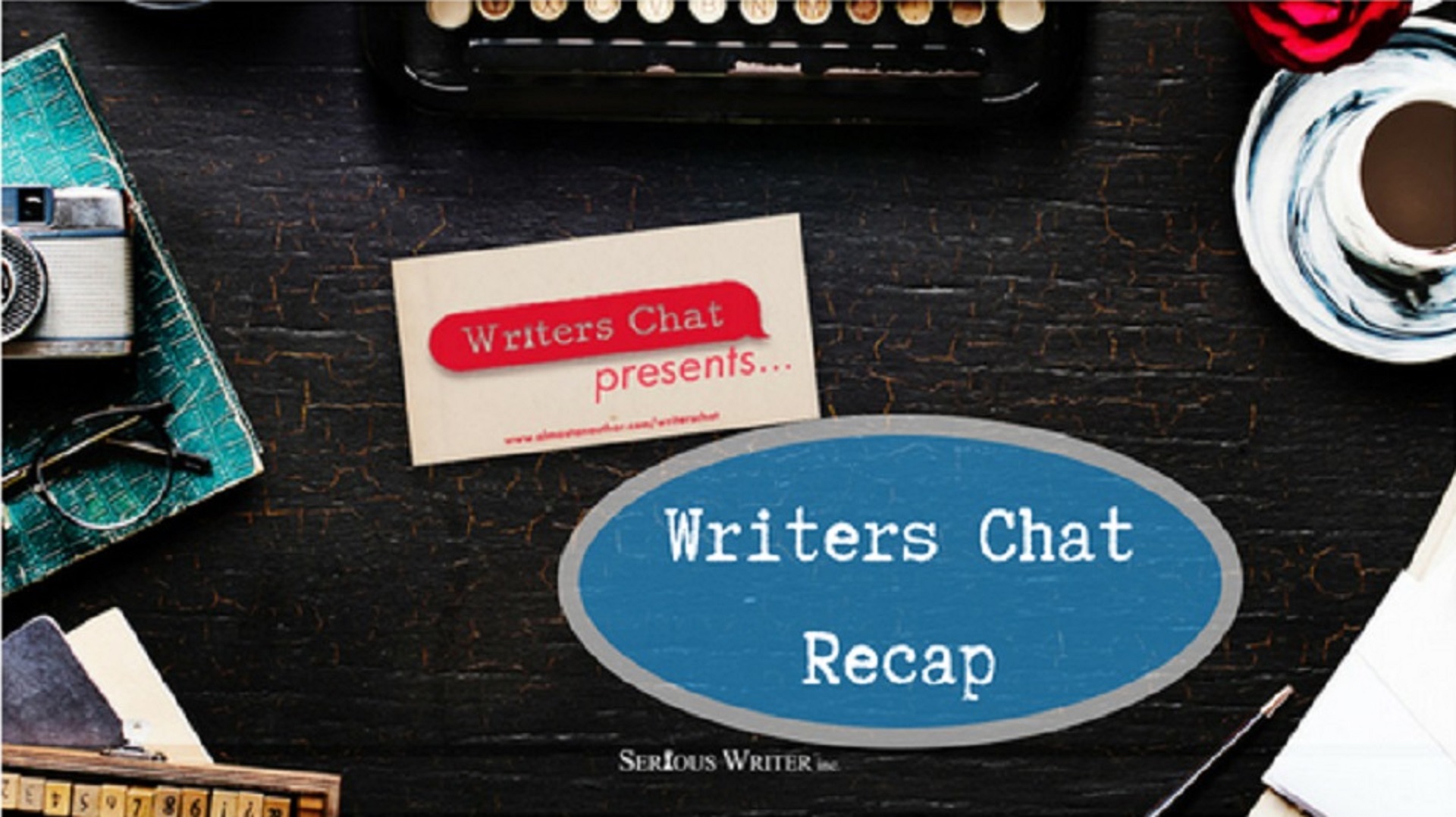Pitch Opportunities
Last month we put together pitches – the 30-second “What is your book about?” Unless you happen to end up next…
June 8, 2024Last month we put together pitches – the 30-second “What is your book about?” Unless you happen to end up next…
June 8, 2024
“So, tell me about your book.” What a great invitation – whether it is from family or friends or…
May 8, 2024
You’ve worked hard to write your middle grade novel, and now you’re ready to sell it to a publisher.…
October 16, 2023
The difference between filing your carefully edited pages on your computer and readers reading those pages, is marketing. Books…
December 18, 2020
Writers Chat, hosted by Jean Wise, Johnnie Alexander, and Bethany Jett, is the show where we talk about all…
July 30, 2020If you think the Coronapocalypse has the US economy down, imagine the effect it is having on Hollywood. Most…
May 4, 2020
Whether you write for children or adults, or both, meeting with industry professionals at writers’ conferences is essential. But…
January 21, 2019